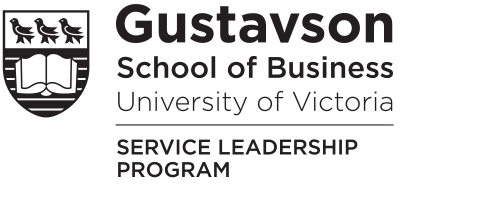5 benefits coaches play in improving employee feedback
The feedback a coach offers can be most effective when it provides the coachee with specific information about a current state of knowledge and performance as it relates to specific goals. For example:
- Coaches could use formative feedback to relay to employees what they are observing and the strength of their performance by relating their progress toward specific goals.
- Coach feedback could incorporate information on what employees can do in the future to achieve those goals. For example, rather than general remarks, such as, “This does not appear to be working,” coaches can make more directed comments, such as, “Your meetings are well organized and have excellent outcomes, but if you can get all participants to contribute during the meetings, then your goal of promoting collaboration in your team will be advanced.”
- Coaches could provide feedback in a timely way (e.g., as quickly as possible after an observation of the employee) as this assists learning and is usually more effective than providing delayed feedback.
- Coaches could think about how the tone and targeting of feedback can affect employee motivation. We tend to respond better if feedback minimizes negativity and addresses significant aspects of work, in contrast to feedback that is negative in tone and focused excessively on details of performance that are less relevant to the learning goals.
- Coaches could think about feedback when employees are learning a new task or struggling with an existing one. Frequent praise following small degrees of improvement is very important, and when progress is evident, encouragement from the coach to persist can matter a great deal. Targeted feedback also can motivate coachees to continue to practice learning a new skill.
In short, coaching in organizations enables us to give high-quality formative feedback to employees, more than any other vehicle that I know. As it is objective, based on data, linked to the goals you’ve laid out to the employee, ongoing, and each coaching session can build on the previous coaching session, so that it becomes more and more informative and helpful for the employee.
If you can think of another way of providing feedback that is more effective than coaching, I would love to hear about it.


